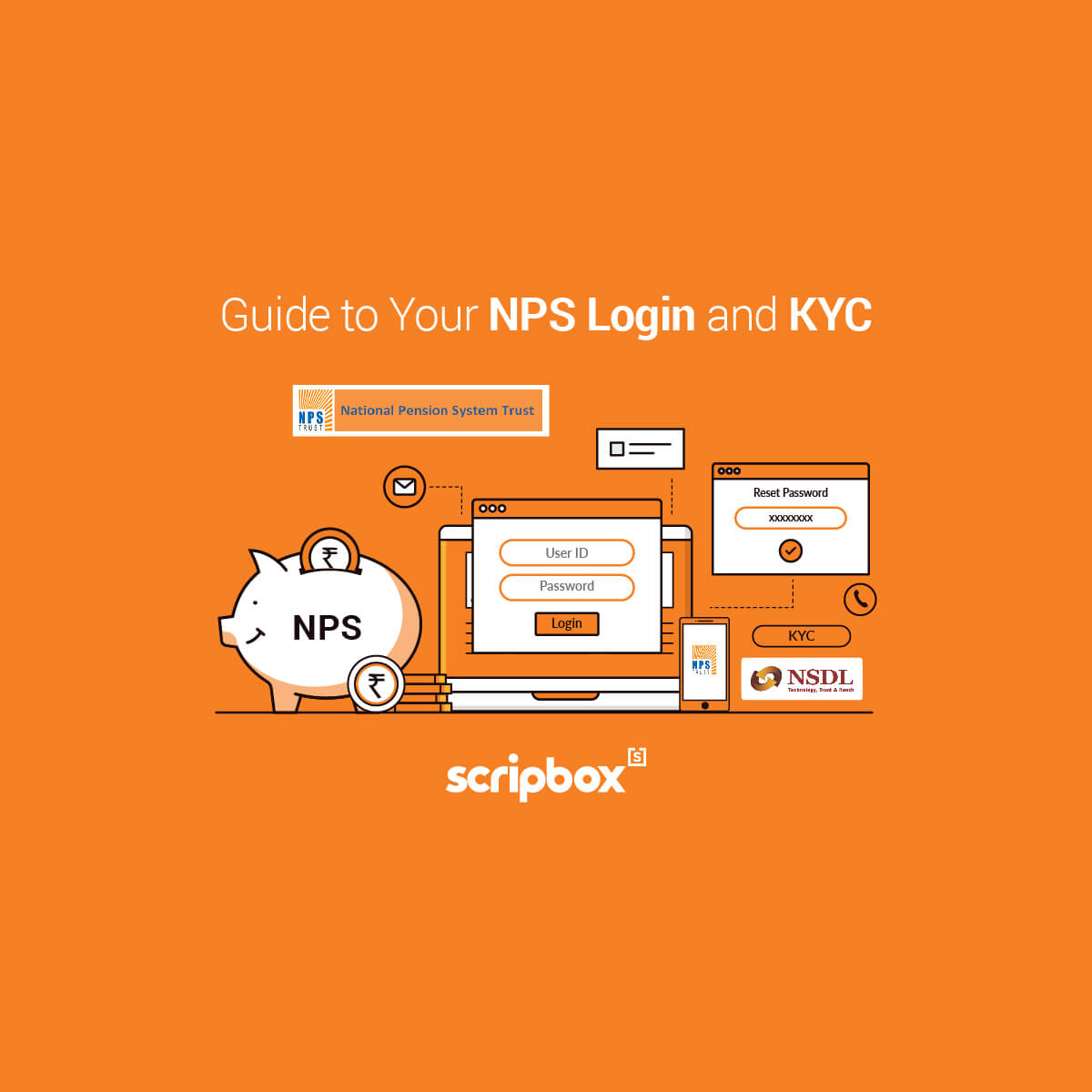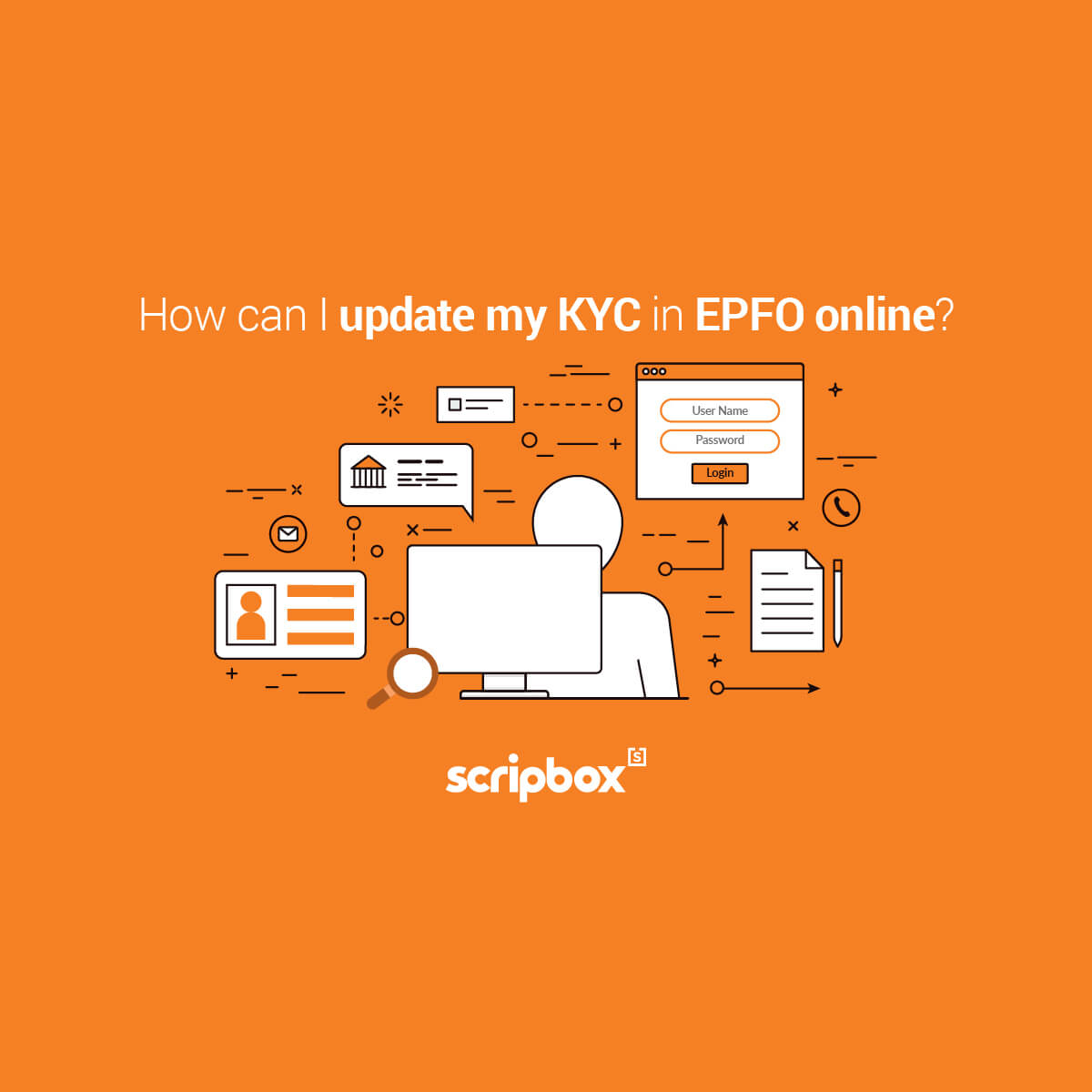Public Provident Fund (PPF) accounts held by Non-Resident Indians (NRI) stand closed according to a recent notification by the Government of India. The closure will come with effect from the day their status changes to Non-Resident. A similar amendment has been done to National Savings Scheme (NSC). It implies that such individuals will not earn 7.6% tax-free interest on these savings.
What is PPF & NSC?
PPF and NSC have been one of the most widely used long-term tax-saving schemes. Investments up to a total of ₹1,50,000 per year in these schemes are excluded from one’s taxable income under Section 80 (C) of the Income Tax Act. The interest earned on PPF is also tax-free unlike FDs. The interest of PPF and NSC currently stand at 7.6% for Q4 2017–18 and are subject to a quarterly review.
The Change in Rules
The Govt. of India intends to restrict the benefits of these investments to Indian residents only. Thus, it has stopped the benefits to NRIs. With this amendment, the accounts will deem to be closed on the day a resident individual becomes a Non-Resident Indian. From the closure date, the interest given on these accounts will fall to a mere 4% p.a. unless the money is encashed. This is the Post Office Savings Account (POSA) interest rate and also subject to income tax! NRIs will not be able to open new PPF/NSC accounts.
When does one become NRI?
When a resident individual spends more than 182 days in a fiscal year staying abroad, that individual becomes a non-resident Indian. Any family members accompanying such an individual would also be considered NRIs.
What are the benefits of NRI status?
NRI status ensures that one’s earnings in foreign countries do not get taxed in India. The income from bank interest or property rentals in India remains taxable even for NRIs. Unless one registers as an NRI, one is supposed to pay income taxes on all the earnings.
Example: Raj works in India for 4 months in the fiscal year 2016–17, earns ₹8 lakh and then goes to the US and works there for remaining 8 months earning $50,000 (worth ₹32 lakh). If he does not change his resident status to NRI, he will be liable to pay income tax on a total income of ₹40 lakh in India and on $50,000 in USA. If he registers as an NRI, then he will be liable to pay income tax in India only on ₹8 lakh while US govt. will anyways charge an income tax on US earnings of $50,000. Thus registering as an NRI saves Raj from double taxation.
What should NRIs do now?
While this move may look harsh, this bring an opportunity for NRIs to make more out of their investments. PPF with low 7.6% returns are not an optimal way for NRIs to invest for the long term. Mutual funds offer higher and tax-efficient returns to grow one’s money. Returns from equity mutual funds are completely tax-free if held for an year. On top of it, investments in ELSS (special class of equity mutual funds) up to ₹1.5 lakh per year are also tax-exempt under Section 80 (C) like PPF. ELSS funds have a lower 3 years lock-in period compared to 15 in PPF. ELSS funds have also given 15–20% annualized returns in the last 5/10/20 years. Mutual funds also have high liquidity are all fully repatriable for NRIs if invested through an NRE account.
To save losing money with low 4% interest which does not even beat inflation, NRIs should quickly close their PPF accounts and consult a good financial advisor to invest their proceeds. Closure of PPF accounts should be possible The financial advisor can help design an investment plan suitable for one’s needs.
How can an NRI withdraw PPF?
An NRI can withdraw PPF through a 3-step process:
Step 1
Find the PPF withdrawal request form from your bank’s website. If you can’t find it, then just type a simple letter mentioning that you want to withdraw the entire amount from your PPF account addressed to the bank where you hold the PPF account in. Mention the following details: PPF account number, date of initial subscription, and the account number and IFSC of the bank account where you want the proceeds to go. The details should be of your NRO account.
Step 2
Courier the signed PPF withdrawal request to your relatives, parents, or siblings in the city where you have the NRE/NRO account. Provide an authority letter mentioning that you are allowing the person to follow the withdrawal process on your behalf. Also send your identity/address details and statements of your NRO account and PPF account.
Step 3
The person on your behalf has to go to the bank where you have the NRE/NRO account. They have to attest these documents. After attestation is done, then the person has to visit the PSU bank for PPF withdrawal. The bank will accept the documents which are attested by your bank.
Who else should avoid PPF and NSC?
Individuals who keep travelling outside for work or expect to move outside India for work even for a duration of 6 months, should stay away from both PPF and NSC. For 80(C) tax savings, they should explore alternatives like ELSS mutual funds which continue to fetch higher returns and remain valid for NRIs. If the existing NRIs move back to India and want to invest again in PPF, they will have to open new PPF accounts with a new lock-in of 15 years.
Frequently Asked Questions
NRIs are not allowed to invest in PPF. However, if NRIs opened a PPF account before they became an NRI, they can continue it until maturity. In case you want to withdraw the investment before maturity, then you can do so after five years from the date of account opening. However, premature withdrawal is only allowed in the case of your higher education or your child’s higher education (provided the child is a primary account holder). You can also withdraw the money prematurely in case your loved ones are suffering from a life-threatening disease.
An NRI can withdraw the entire amount in their PPF account after five years.
NRIs can close the PPF account prematurely after five years. They can also withdraw the money prematurely after five years. However, premature withdrawal is only allowed in the case of your higher education or your child’s higher education (provided the child is a primary account holder). You can also withdraw the money prematurely in case your loved ones are suffering from a life-threatening disease.
NRIs can withdraw their investment prematurely but after five years from account opening. The amount is not taxable in India. But it is taxable in the country of residence.
Explore: Can NRI open demat account?




























Show comments